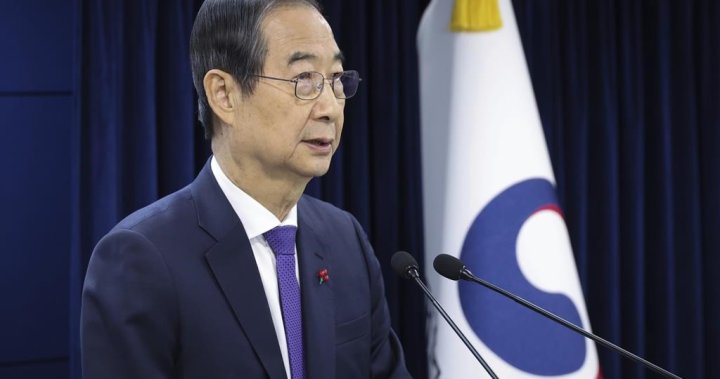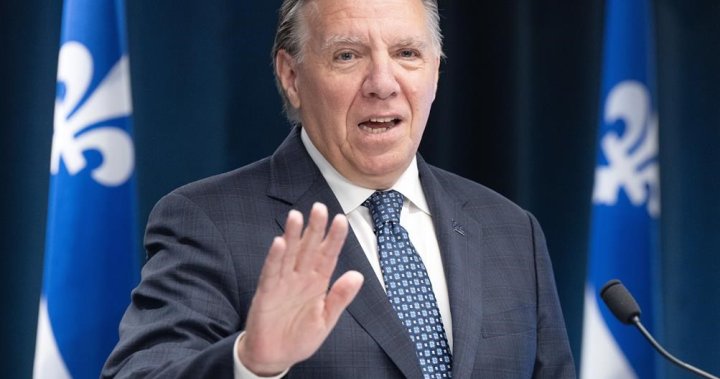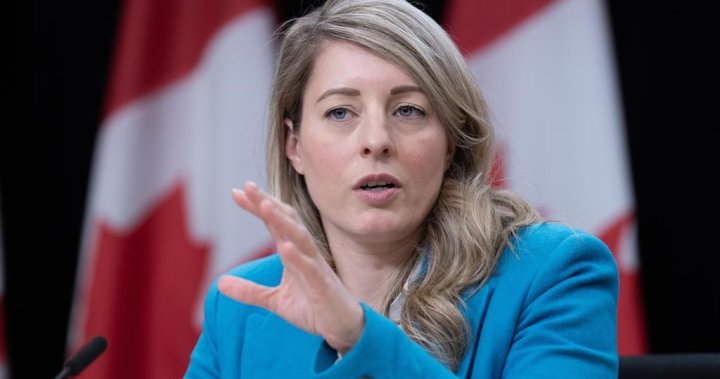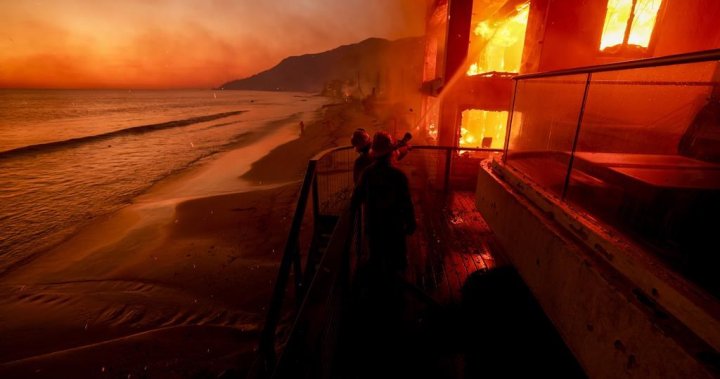The impeachment of South Korea’s acting President Han Duck-soo Friday has plunged the country into further political turmoil, coming less than two weeks after lawmakers impeached President Yoon Suk Yeol.
The successive impeachments that suspended the country’s top two officials are unprecedented, and the deputy prime minister and finance minister, Choi Sang-mok, is now South Korea’s new interim leader. Upon taking over power, Choi swiftly ordered the military to boost readiness to thwart potential North Korean aggressions and told diplomats to reassure key partners like the U.S. and Japan.
“(Han’s) impeachment now creates an opportunity for external threats while causing Korea’s foreign partners to alienate it from the global community,” said Duyeon Kim, a senior analyst at the Center for a New American Security in Washington.
A look at the latest developments on the South Korean political tumult, which began with Yoon’s short-lived Dec. 3 martial law.
Why was the acting leader impeached?
Prime Minister Han Duck-soo, the No. 2 official in South Korea, became the acting leader after the assembly impeached Yoon on Dec. 14 over his martial law decree that brought hundreds of troops into Seoul streets and harkened back to the days of military rule in the 1960-70s.
Han, a career bureaucrat, tried to reassure major diplomatic partners and stabilize markets. But he was embroiled in political strife with the main liberal opposition Democratic Party, which holds a majority in the assembly. A major trigger for Han’s impeachment was his refusal to accept a DP demand that he immediately appoint three vacant justices’ seats at the Constitutional Court to enhance fairness and public confidence in its ruling on Yoon’s impeachment.

Restoring the court’s full nine-member panel is crucial because a court ruling to remove Yoon from office needs backing from at least six justices, and a full bench will likely increase the prospects for Yoon’s ouster. Han said he wouldn’t appoint the justices without bipartisan consent, but critics suspect he was siding with Yoon’s loyalists at the governing People Power Party, or PPP, who want to see Yoon regaining power.
Choi Jin, director of the Seoul-based Institute of Presidential Leadership, said Han lacked legitimate reasons to go against the appointment of the court justices. But he noted that DP shouldn’t have pursued Han’s impeachment so hurriedly.
What diplomatic fallouts are expected?
Han’s impeachment came as South Korea has been telling the world that things have returned to normal in the aftermath of the marital law incident, which caused worries from neighbors, halted high-level diplomacy and shook financial markets.
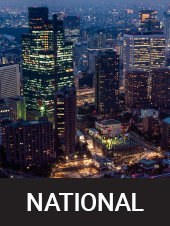
Get breaking National news
For news impacting Canada and around the world, sign up for breaking news alerts delivered directly to you when they happen.
Yoon’s martial law stunt baffled policy makers in the U.S, Japan and Europe as he has been their key diplomatic partner against shared challenges including China’s assertiveness, North Korean nuclear threats and vulnerabilities in global supply chains.
“South Korea is now in a far more serious crisis of leadership and governance. The DP’s political gambit is actually putting the country’s economy and national security at grave risk,” Duyeon Kim said. “Han had the experience and credentials to deal with both security and financial crises if they arise during South Korea’s political uncertainty.”
Choi Jin doubted acting leader Choi would smoothly engage with diplomacy with world leaders. “We’ll suffer a disgrace internationally and our international credibility will plunge,” he said. “Negative effects on economy, culture and all other sectors will likely come quietly and extensively.”
The governing party argued Han’s impeachment was “invalid” because it passed with a simple majority in the 300-member assembly, not a two-thirds majority as claimed by the PPP.
There are no specific laws on the impeachment of an acting president, and the PPP filed a petition with the Constitutional Court to review the vote.
It’s not clear when the court will rule on that request. The Constitutional Court has up to 180 days to determine whether to uphold the impeachment of both Yoon and Han, though their decisions are expected to come sooner.

Han called his impeachment “regrettable” but said he respects the assembly’s decision.
The court had its first pretrial on Yoon’s case on Friday. If Yoon is thrown out of office, a national election to find his successor must take place within 60 days. Yoon and others face separate probes by investigative agencies on allegations that they committed rebellion, abuse of power and other crimes in connection with the martial law decree.
According to surveys, Democratic Party leader Lee Jae-myung is a clear favorite to win a possible presidential by-election in the event of Yoon’s ouster. But Lee has own legal issues, and could possibly be prohibited from running for president if the appellate and Supreme courts uphold his lower court conviction for election law violation in November.
If he becomes president, his trials would stop because South Korean law give a sitting president immunity from most criminal prosecution.
© 2024 The Canadian Press
